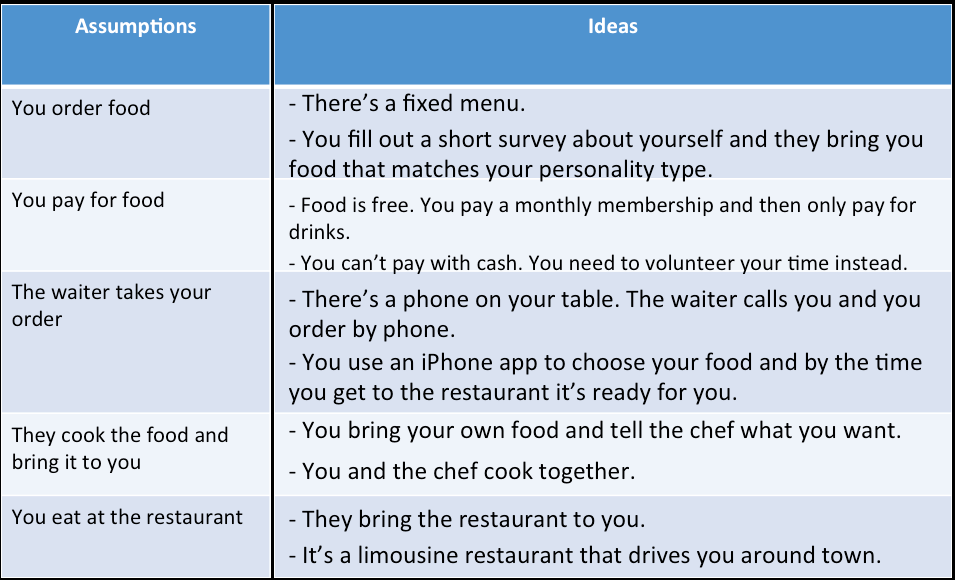 I’m convinced the main reason most businesses fail is that they have nothing new to offer. In other words, they’re not unique enough. Ten years ago you might have been the only store in your category in your neighborhood and that was enough. But not anymore; not with the Internet making it possible for every business to have hundreds of competitors all over the world.
I’m convinced the main reason most businesses fail is that they have nothing new to offer. In other words, they’re not unique enough. Ten years ago you might have been the only store in your category in your neighborhood and that was enough. But not anymore; not with the Internet making it possible for every business to have hundreds of competitors all over the world.
I see a trend: “cool” companies that do things out of the ordinary are stealing business from more “serious” companies. This is true in every industry. I’ll give you some examples of companies that dared to be unique and became very successful:
- Tom’s donates a pair of shoes to a child in need for every pair of shoes you buy.
- In a world where people were used to pay for software, Google started offering software for free (calendars, email, Google Docs) and making money by selling ad space.
- When nobody would even consider lending money to poor people, Muhammad Yunus founded Grameen Bank and started offering micro-credits (usually around $100) to poor people who needed some money to start a business. The results were amazing. Over 95% of these people paid their loans back. This is a much higher rate than any commercial bank in the world.
- I hate most ecommerce sites because they have way too many products and it’s always hard to find what you’re looking for. Woot saw this problem and they became very successful selling only one product a day.
- Jones Soda allows you to put your pictures in their bottles. They make great gifts.
The main reason for us rejecting new clients is that they’re not unique enough. If they’re one in a thousand companies selling the same product at the same price, we can’t do much for them. That’s the biggest marketing fallacy I’ve heard of: people think that with good marketing you can sell anything. Although it’s true you can have some mild success if you do a great job at marketing an average product, I’d rather do 10% of the marketing for a groundbreaking product. The reason is that with groundbreaking products, once you get some buzz going, the word will spread like wildfire. Think about it: you heard about Google when someone recommended it to you, not because they marketed it to you.
The question is, how can you be unique? You need to challenge the basic assumptions in your industry. Make a list of everything people assume about a business like yours and come up with alternative solutions. Here’s an example:

Keep in mind that a large percentage of your ideas won’t make much sense. That’s completely OK. The key to creativity is allowing yourself to come up with as many stupid ideas as possible. Sometimes you get one great idea among a few dozen stupid ideas, and sometimes you can combine two stupid ideas into one great idea.
Don’t judge; make it your goal to come up with as many ideas as possible in 10 minutes. Aim for at least 100 ideas. When you’re done you can put the judging hat on and get rid of the ideas you don’t like. You’ll probably end up with five crazy ideas that you like. Run them by other people and see their reaction. Ask for honest feedback.
This is how I do it: “I’d like your opinion on something. I want to show you some ideas I’ve been working on. I need to ask you a favor: please be very honest. You’re not going to hurt my feelings, but if you tell me you love an idea that you actually don’t like, and I end up investing my money and time in it and it doesn’t work out, that won’t help me. That’s why I ask for absolute honesty. Is that OK with you?”
And always keep your goal in mind: to come up with a business idea so innovative/cool/crazy that when people hear about it, they can’t wait to tell their friends.

